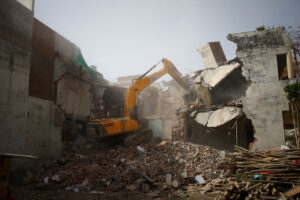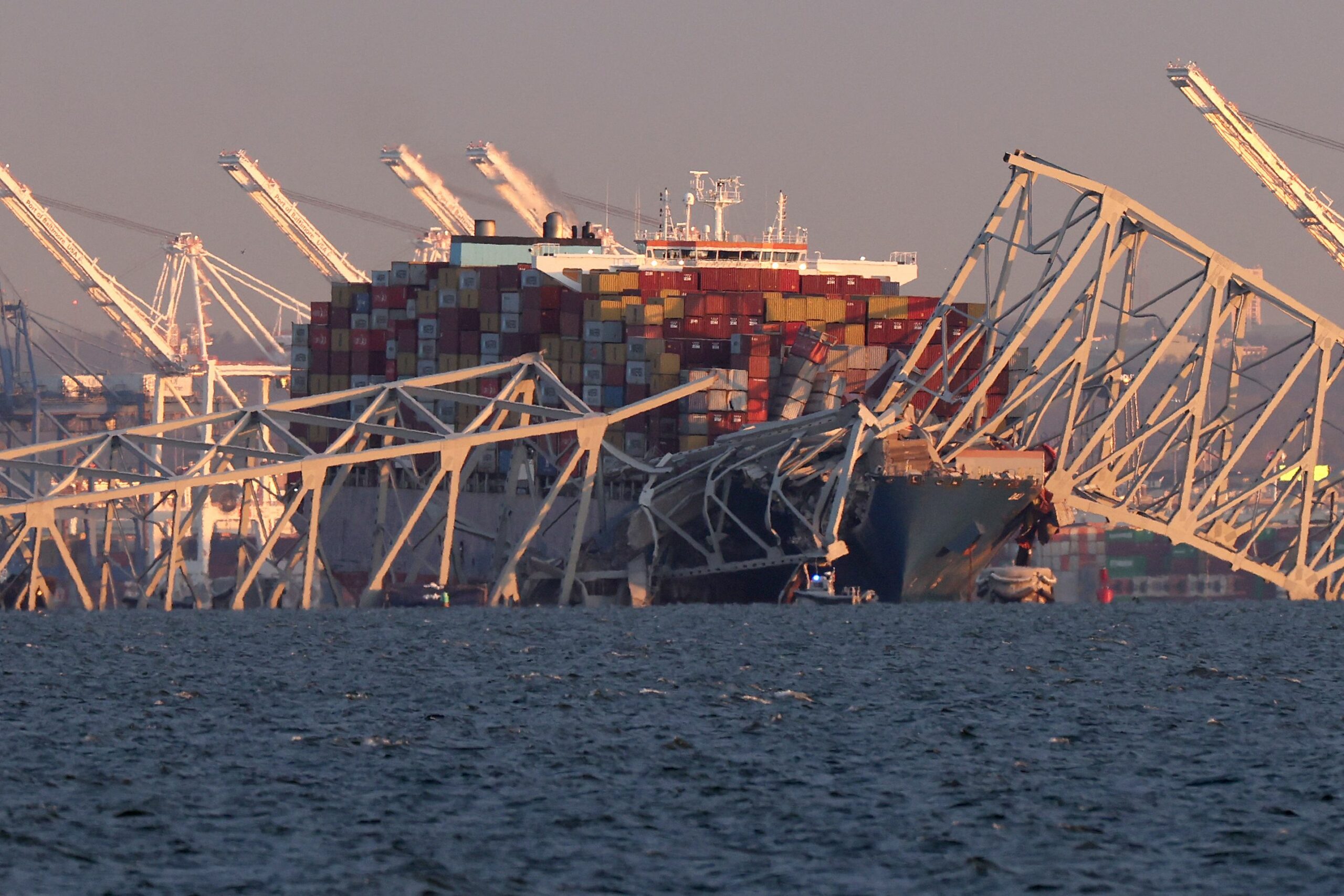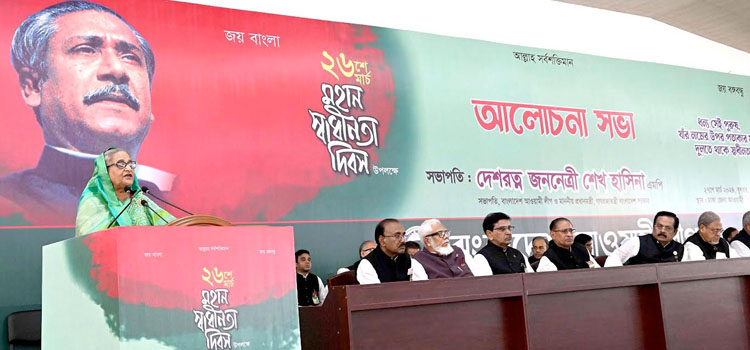 Moon Desk: The dreams of several Muslim families in Chennai have been shattered as their homes face demolition, leaving them in a state of anguish and uncertainty. The demolition drive, initiated by the Chennai Metropolitan Development Authority (CMDA), has sparked outrage and raised questions over the plight of marginalised communities in urban development initiatives.
Moon Desk: The dreams of several Muslim families in Chennai have been shattered as their homes face demolition, leaving them in a state of anguish and uncertainty. The demolition drive, initiated by the Chennai Metropolitan Development Authority (CMDA), has sparked outrage and raised questions over the plight of marginalised communities in urban development initiatives.
According to reports, the demolition campaign primarily targets unauthorised constructions in Old Washermanpet, citing violations of building regulations and safety concerns. However, the sweeping nature of the demolition has disproportionately impacted the Muslim families residing in the area, exacerbating their socio-economic vulnerabilities.
For many families, these homes represented the culmination of years of hard work and savings, offering a semblance of stability in an otherwise precarious existence. “We invested everything we had into building this home. Now, we have nowhere to go,” lamented a resident, reflecting the anguish felt by countless others facing similar predicaments.
Community leaders and activists have decried the demolition drive as a gross injustice, emphasising the lack of alternative arrangements for the displaced families. “Authorities must consider the human cost of their actions and provide adequate resettlement options,” urged a local activist, highlighting the urgent need for compassionate urban planning strategies.
The demolition campaign not only renders families homeless but also disrupts their livelihoods, as many rely on these properties for their sustenance. Small businesses operating from these premises have been forced to shut down, further exacerbating the economic hardships of the affected families.
The demolition drive sheds light on the broader issue of housing insecurity and marginalisation faced by vulnerable communities in urban areas. It underscores the systemic barriers that hinder access to secure housing and basic amenities, particularly for marginalised groups such as the Muslim community.
Experts argue that the demolition drive reflects deeper structural inequalities in urban development policies. “The disproportionate impact of these demolitions on marginalised communities underscores the need for more inclusive and equitable urban planning frameworks,” stated a social scientist, urging authorities to prioritise the welfare of all citizens in their development initiatives.
Amid uncertainty and despair for the affected families, there is an urgent need for immediate relief measures and long-term solutions. Civil society organisations and humanitarian agencies have called for concerted action to support displaced families and address the root causes of their displacement.







